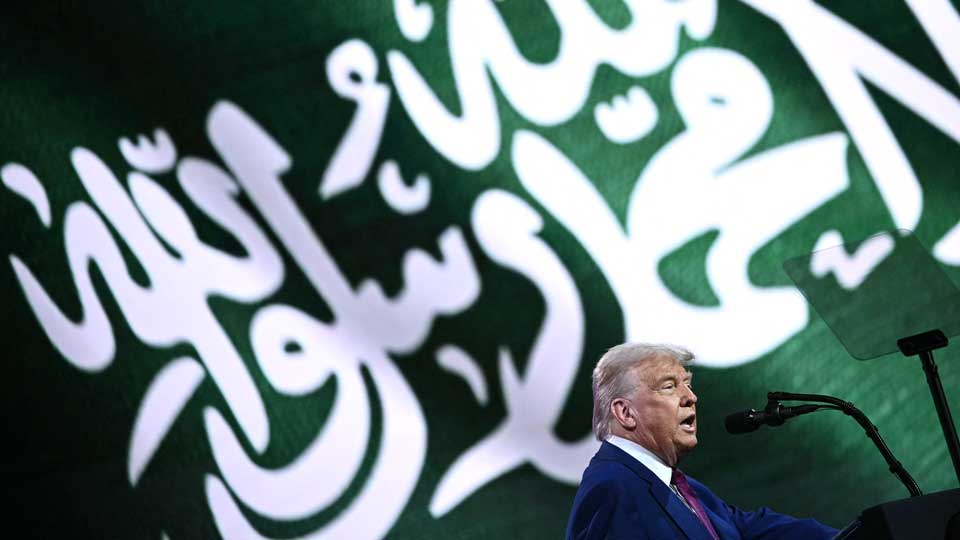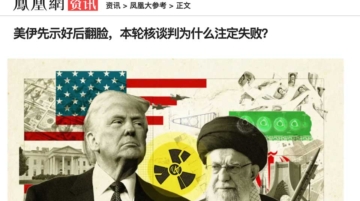
A viral Chinese video on Bilibili titled “$142 Billion U.S. Arms Deal! Why Is Saudi Arabia Repeatedly Siding with the U.S.?” has stirred debate across Chinese social media platforms. The video struck a nerve with Chinese netizens by posing a gripping question: Does Riyadh’s record-breaking weapons deal with Washington signal a true geopolitical pivot, or is it merely political theater?
To illustrate the scale of the deal, one article points out that in 2024, Russia exported $13.75 billion in arms, France $7.7 billion, and China just over $3.2 billion. The Saudi deal is over five times that total.
Yet, the article notes that Trump had previously announced a $110 billion arms deal with Saudi Arabia in 2017, promising a total of $350 billion over ten years. To date, less than $50 billion has been delivered—just 12% of what was promised. Chinese commentators suggest this new deal is similarly inflated to serve Trump’s political image.
Khashoggi and the Cost of Silence
To explain the broader context, the article recalls the 2018 murder of Saudi journalist Jamal Khashoggi, a U.S. resident and Washington Post columnist, who was assassinated in the Saudi consulate in Istanbul. The gruesome details—allegedly including his dismemberment by a Saudi medical examiner—are mentioned to highlight the brutality of the regime.
The commentator links the Khashoggi murder directly to Riyadh’s weapons spree. The lesson, they argue, was that to shield its royal elite from criticism—especially in Washington—Saudi Arabia must buy favor. In this light, massive arms deals are seen less as a sign of regional loyalty and more as a tactic to ensure regime survival.
A Dose of Chinese Realism
The article also pushes back against overly nationalistic Chinese views that Saudi Arabia is joining China’s orbit. While some celebrate recent Sino-Saudi deals in agriculture and energy sectors, the commentator asks: “Who told you Saudi is in our camp?”
The commentator continues to argue that without global naval capabilities or military parity, such as China’s first nuclear-powered aircraft carrier (Type 004), which won’t launch until 2028 with mass production beginning in 2032, China’s influence in the Middle East remains limited
The video concludes bluntly:
“The U.S. has multiple military bases in Saudi Arabia. U.S. ground forces can reach Riyadh in 20 minutes. F-35s can hit the royal palace in 3. U.S. aircraft carriers patrol nearby constantly. Someone says we have hypersonic missiles—great. But as one Saudi prince would say: ‘There’s a knife to my throat now. Will your missile save me—by blowing up both the hostage and the kidnapper?’ Unless Saudi Arabia loves us more than life itself, why would they switch sides?”






